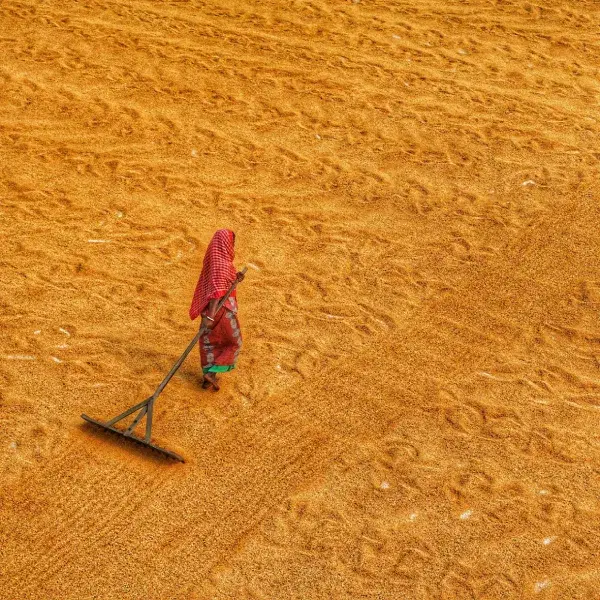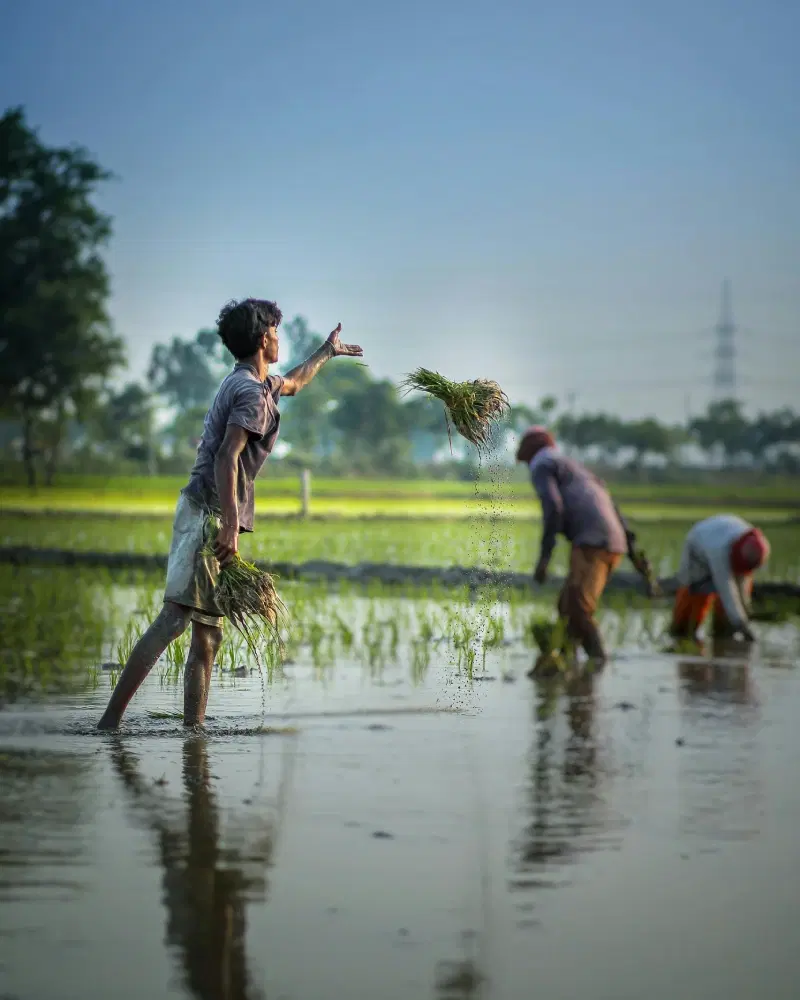
Global Climate Resiliance Collective
The Problem
Climate change may push more than 720 million people back into poverty by 2050. It may also force 140 million people to become climate refugees. For informal workers and vulnerable communities in South and Southeast Asia, increased climate events have cascading impacts: further income insecurity (e.g., ~43 million jobs lost in South Asia), forced migration (e.g., 20 additional million climate migrants by 2050 in Bangladesh alone), food and water insecurity, increase in morbidity and excess deaths, and increased inequality. Some of these impacts will materialize even in low-warming scenarios, especially with the lack of social protections.
These communities hardly contribute to climate change, but bear the brunt of its impact. This, even as they and their perspectives are absent from global forums and development of transition policies.
To change this, we believe there is a need to address three inter-related problems:

Investment gap
Less than 20% of climate adaptation needs are funded. And less than 5% of climate funding goes to adaptation.
Design and innovation gap
Even where there is investment, interventions mostly focus on responses to climate extremes. There is limited focus on slow onset events (e.g., heat, droughts) and the medium- to long-term impacts that affect 100s of millions.
Invisibility of workers and lack of a people-first approach
Climate policy is designed far from those who are experiencing the worst outcomes of climate change. Vulnerable communities in South and Southeast Asia are often invisible in the informal workforce.

Our Solution
The mission of our initiative is to build the resilience of climate-affected informal workers by ensuring their access to climate-responsive social protection and adaptation supports. We aim to serve these communities across India, Bangladesh, Nepal, Indonesia, and Philippines, and build narratives and promote models that resonate far beyond. Key components of our work include:
Narrative building
Promote a people-first narrative by:
- Elevating stories and clear data about who needs to be supported in contrast to using a single siloed-lens (e.g., climate adaptation, labor rights)
- Prioritizing bringing their voices into strategy development, and getting the global community to hear from them on solutions
Project innovation & scaling
Promote people-centric approaches by:
- Developing on-ground projects with grassroots organizations based on community demand
- Building the evidence base of people-centric solutions
- Growing the base of grassroots actors working on these issues
Advocacy for systems change
Drive investment by philanthropies, bi/multi-laterals, industry, and governments by:
- Clarifying what works on the ground
- Advocating for delivery and financing models that can be implemented sustainably / systemically
Where we work

South Asia: Bangladesh, India, and Nepal
Southeast Asia: Indonesia, and Philippines
